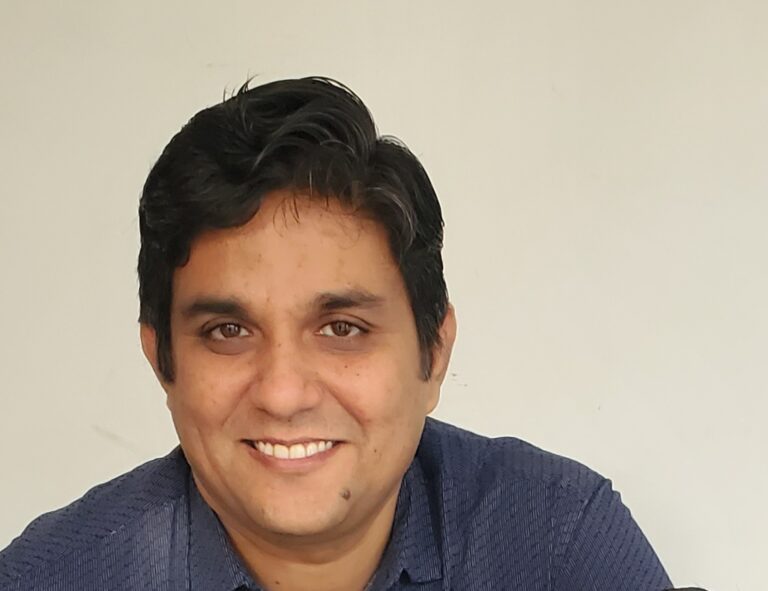
“India’s diagnostics sector has set ambitious goals. In a highly competitive diagnostic industry, the push for growth is evident through strategic geographical expansions, acquisitions, and embracing technological advancements like digitization and AI. In the fiscal year 2021, the Indian diagnostic sector held a valuation of 710 billion Indian rupees. Fueled by a growing investment in healthcare, it is anticipated to witness a compound annual growth rate of 14%, poised to achieve a valuation of 1.36 trillion Indian rupees by the year 2026.
India has played a pivotal role in shaping global health outcomes by providing affordable quality assured services. The upcoming Union Budget for 2024-2025 should act as a catalyst, directing investments towards crucial areas like innovation, research and development, technology, healthcare infrastructure enhancement, and strengthening patient safety measures. With the growing burden of non-communicable diseases (NCDs) and infectious diseases, we underscore the importance of comprehensive screening and diagnostics programs, along with expanded skilling courses for healthcare professionals to attract and enhance talent in the advanced diagnostic field.
In the face of remarkable progress in healthcare, the diagnostic industry faces challenges due to the dependency on imports for 80% of medical devices in India. Now is the opportune moment to address the supply chain issues through a strategic emphasis on local innovations and encourage manufacturing in India by embracing the ‘Make in India’ initiative. It is indeed “Time to make the diagnostic sector self-reliant” which encourages self-confidence and perseverance in the fundamentals of recovery.
In this evolving healthcare scenario, genomic diagnostics assumes a crucial role. By giving due importance to genomics in our approach, we can enhance our comprehension of diseases, paving the way for more targeted and personalized healthcare solutions. This, combined with the proposed initiatives, will play a crucial role in constructing a robust healthcare framework to effectively address the diverse healthcare challenges that lie ahead.”